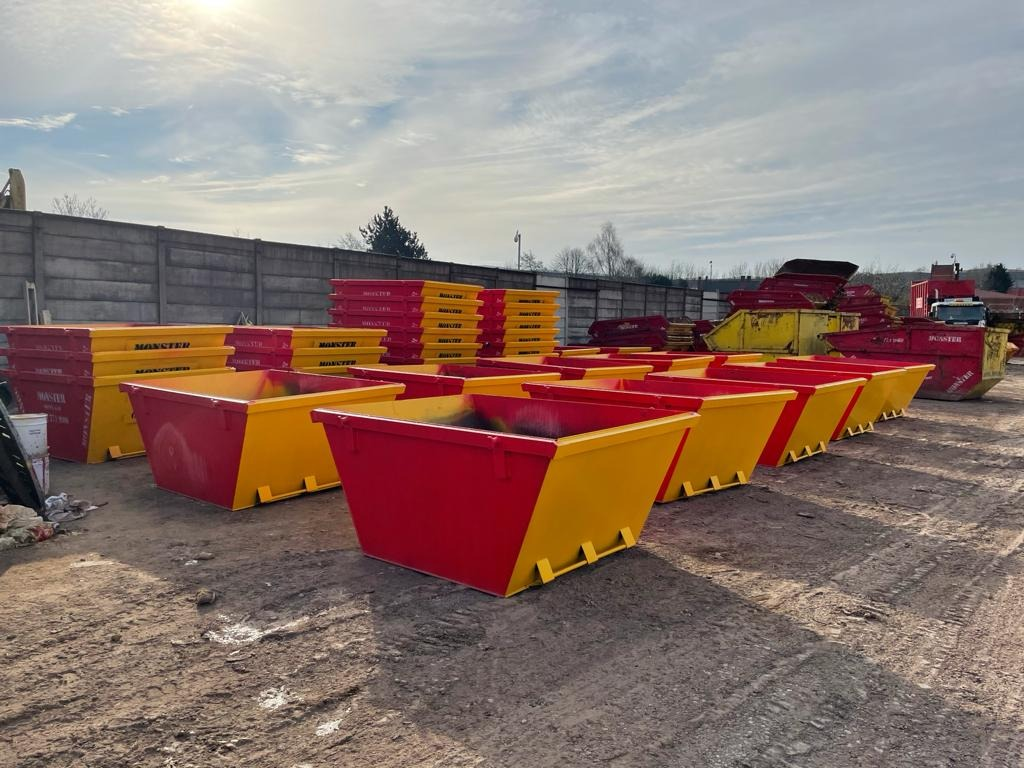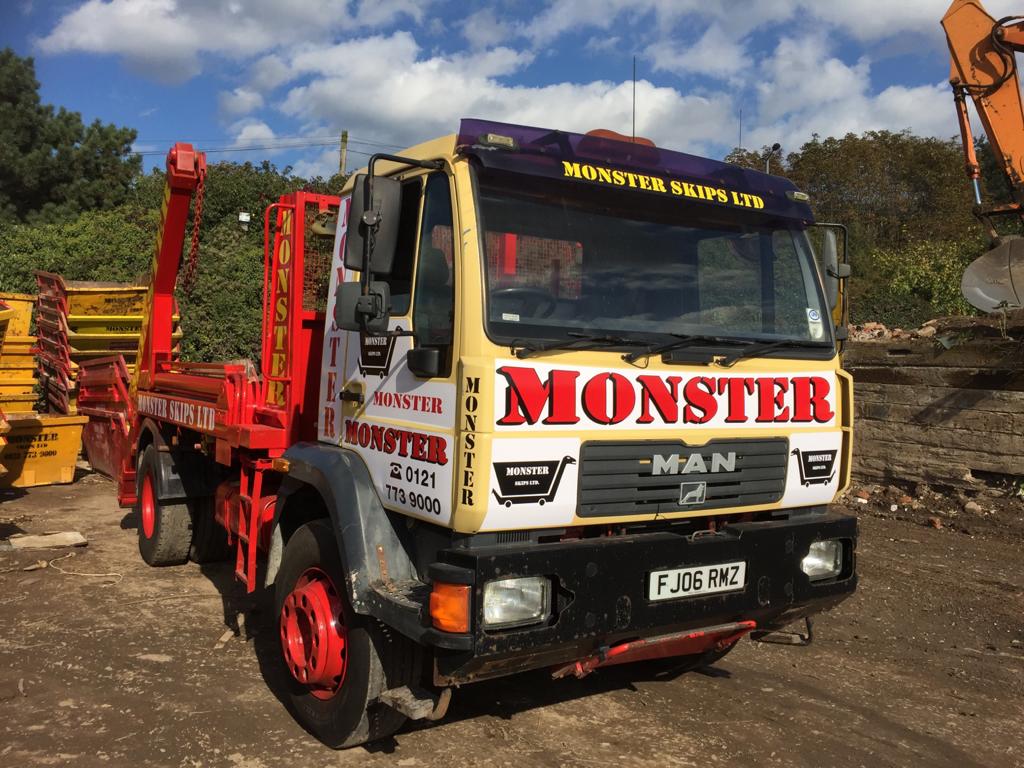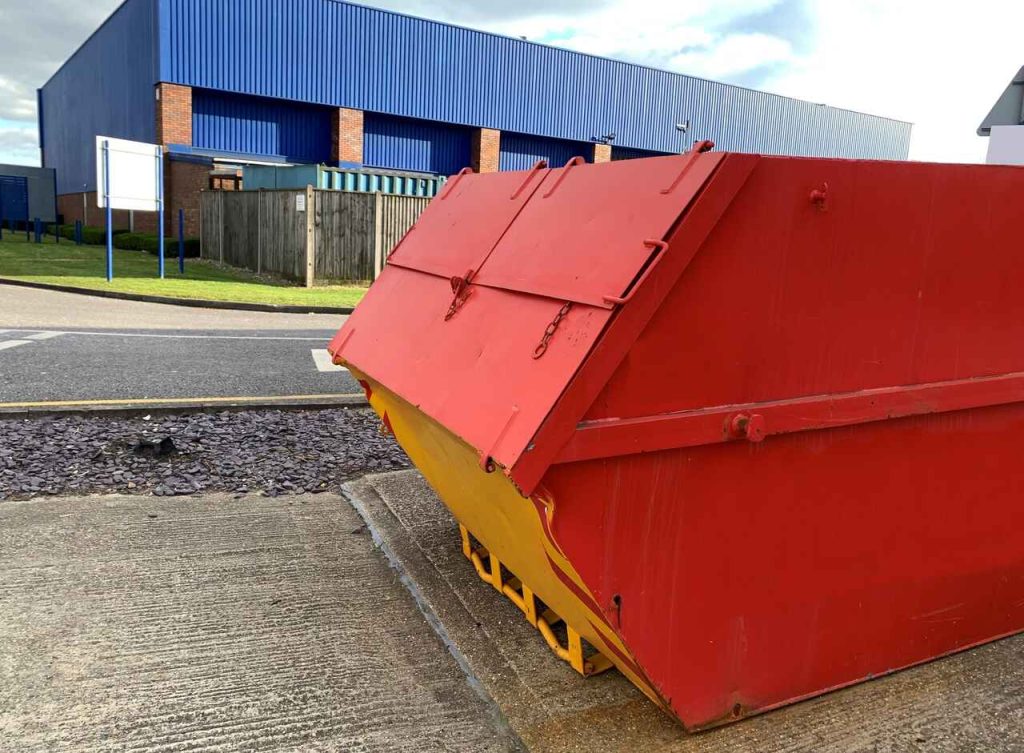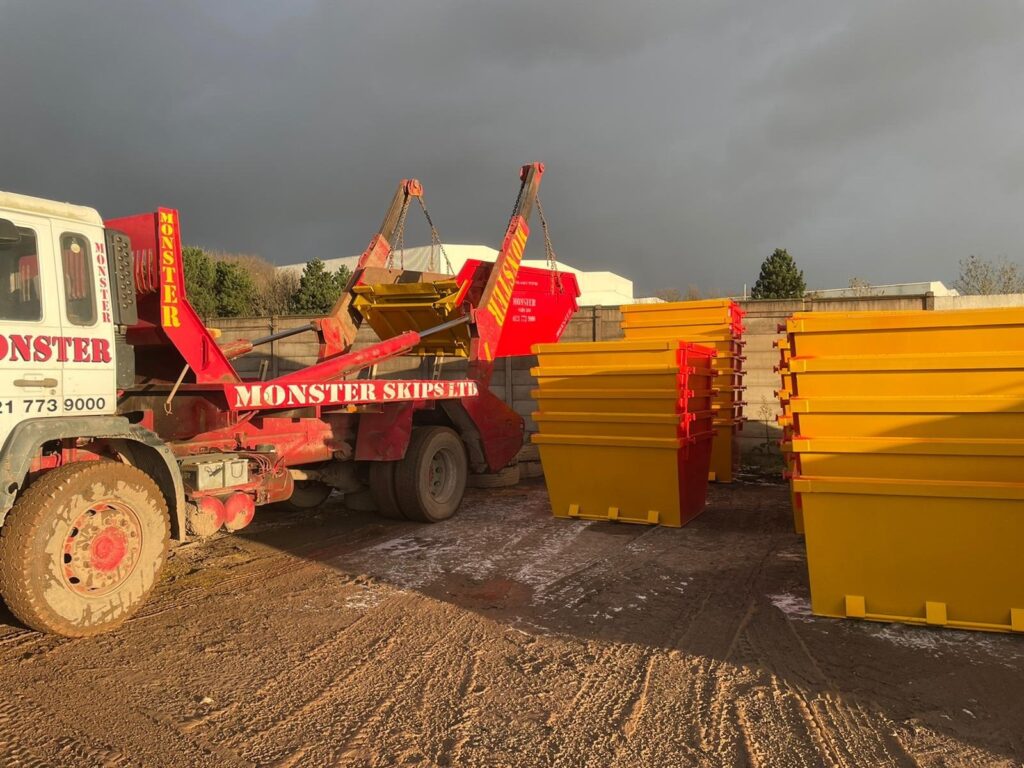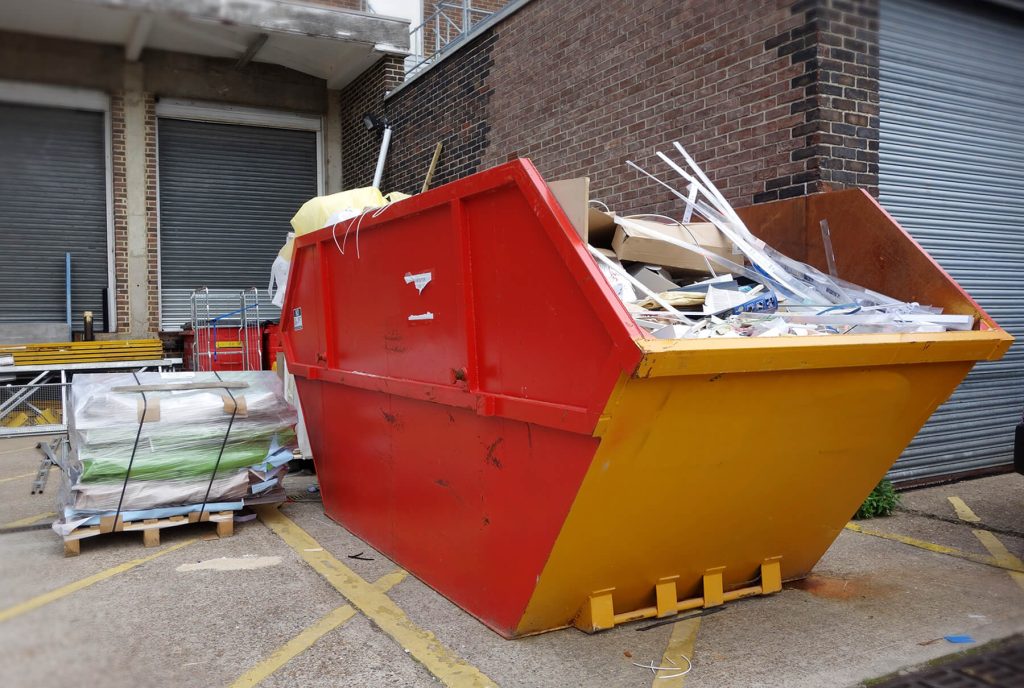

Construction Waste Disposal in 2025: Cost-Effective & Eco-Friendly Solutions
The construction industry has long been associated with substantial waste generation, contributing significantly to environmental degradation. As we advance into 2025, the emphasis on sustainable practices has intensified, prompting industry stakeholders to adopt cost-effective and eco-friendly solutions for construction waste disposal.
This blog delves into the current landscape of construction waste management, highlighting innovative strategies, regulatory developments, and practical approaches to minimise environmental impact while optimising costs.
Understanding Construction Waste
Construction waste encompasses materials generated during the building, renovation, and demolition of structures. Common components include concrete, wood, metals, drywall, and plastics. Improper disposal of these materials can lead to environmental pollution, and increased landfill usage.
The Shift Towards Deconstruction
Traditional demolition methods often result in mixed waste, making recycling challenging. Deconstruction, the systematic disassembly of structures, allows for the recovery of valuable materials for reuse and recycling. This approach not only reduces waste but also conserves resources and creates job opportunities.
Innovative Recycling Practices
Advancements in technology have paved the way for innovative recycling methods. For instance, Taiwanese companies like Miniwiz and LOTOS are transforming waste materials into sustainable building products. Miniwiz utilises waste such as insect shells, rice husks, and plastic bottles to create durable construction materials, thereby reducing the carbon footprint of new buildings. Similarly, LOTOS aims to extend the lifespan of concrete and develop local waste-based alternatives to traditional materials. These initiatives exemplify the potential of recycling in promoting sustainability within the construction sector.
Regulatory Developments and Compliance
Governments worldwide are implementing stricter regulations to ensure proper construction waste management. For example, Texas updated its rules for managing oil field waste for the first time in over 40 years, introducing new requirements for the design, monitoring, and closure of waste management units. These regulations aim to protect public health and the environment, underscoring the importance of compliance in waste disposal practices.
Best Practices for Construction Waste Management
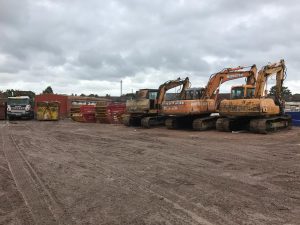

Best practices are crucial for effective construction waste management. Key strategies include:
- Waste Segregation: Separating waste materials on-site facilitates recycling and reduces contamination.
- Material Reuse: Incorporating salvaged materials into new projects conserves resources and reduces costs.
- On-Site Recycling Facilities: Establishing facilities like mini Materials Recovery Facilities (MRFs) enhances waste sorting and recycling efficiency. For instance, Austin FC’s Q2 Stadium implemented a mini MRF to decrease contamination and ensure proper sorting of recyclables, successfully diverting 84% of its recyclable and compostable waste from landfills.
- Employee Training: Educating workers on waste management protocols ensures adherence to sustainable practices.
- Collaboration with Licensed Waste Carriers: Partnering with certified waste management companies ensures compliance with regulations and ethical disposal practices.
Economic Benefits of Sustainable Practices
Implementing sustainable waste management practices offers economic advantages, including:
- Cost Savings: Reducing waste disposal fees and purchasing fewer new materials can lead to significant savings.
- Revenue from Recycled Materials: Selling salvaged materials provides an additional income stream.
- Enhanced Reputation: Demonstrating environmental responsibility can attract eco-conscious clients and investors.
Challenges and Considerations
Despite the benefits, challenges persist in construction waste management:
- Initial Investment: Establishing recycling facilities and training programs requires upfront capital.
- Market Acceptance: Convincing stakeholders to adopt recycled materials can be challenging due to perceptions about quality and reliability.
- Regulatory Compliance: Navigating complex regulations necessitates continuous monitoring and adaptation.
The Role of Waste Management Companies
Professional waste management companies play a pivotal role in facilitating sustainable practices. For over 30 years, Monster Skips has been delivering quality skip hire and waste management services throughout the West Midlands. Their services include:
- Domestic Skips: Offering a range of skip sizes for household projects, ensuring convenient waste disposal.
- Commercial Skips: Providing large-capacity skips suitable for construction sites and industrial projects.
- Licensed Waste Carriers: Ensuring compliance with legal waste disposal regulations, giving clients peace of mind.
Monster Skips prides itself on competitive pricing, rapid delivery and collection, and a commitment to high-quality service, making them a trusted partner in waste management.
Conclusion
As we navigate 2025, the construction industry’s commitment to sustainable waste disposal is more critical than ever. By embracing deconstruction, innovative recycling practices, and adhering to evolving regulations, stakeholders can achieve cost-effective and eco-friendly solutions. Companies like Monster Skips exemplify the positive impact of dedicated waste management services, contributing to a more sustainable future for the construction sector.
FAQs: Construction Waste Disposal
1.What is construction waste?
Construction waste includes materials generated during building, renovation, and demolition projects. Common waste materials include concrete, wood, metals, drywall, and plastics.
2. Why is proper construction waste disposal important?
Improper disposal leads to environmental pollution, increased landfill use, and resource wastage. Sustainable waste management reduces environmental impact and promotes resource conservation.
3. What is deconstruction, and how does it help?
Deconstruction is the systematic dismantling of structures to recover materials for reuse and recycling. This approach reduces waste, conserves resources, and creates job opportunities.
4. What are the latest innovations in construction waste recycling?
Technological advancements have enabled recycling of waste into sustainable building materials. Companies like Miniwiz and LOTOS repurpose waste such as plastic bottles and rice husks into durable construction products.
5. What regulations affect construction waste disposal in 2025?
Governments are enforcing stricter regulations, such as Texas’ updated oil field waste management rules, to enhance environmental protection and public health. Compliance is crucial for responsible waste disposal.
6. How can sustainable waste management save money?
Sustainable practices help businesses save on disposal fees, reduce material costs, and generate revenue by selling salvaged materials. Additionally, eco-friendly practices enhance brand reputation.
7. What challenges exist in sustainable construction waste management?
Challenges include high initial investment, stakeholder resistance to recycled materials, and the complexity of regulatory compliance.
8. How can waste management companies help with construction waste disposal?
Professional waste management companies, like Monster Skips, offer services such as skip hire, waste segregation, and licensed waste disposal, ensuring compliance and sustainability.

